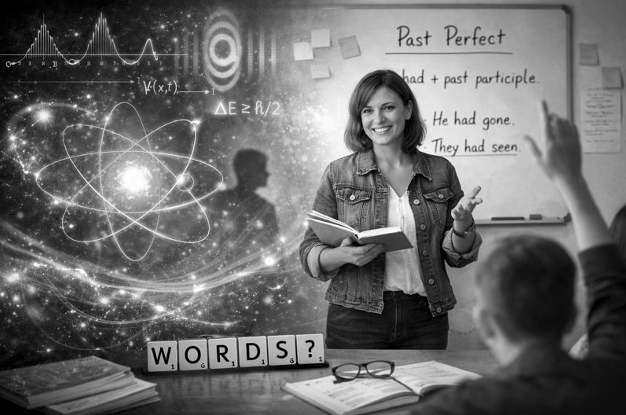The nexus of theory, research, and practice for teachers
- EDYOUFEST

- Sep 21, 2023
- 2 min read

The nexus of theory, research, and practice for teachers is a crucial aspect of professional development and effective teaching. Here are some key points regarding the connection between theory, research, and practice for teachers:
Theory as a Foundation: Theories of teaching and learning provide a conceptual framework for understanding how students acquire knowledge and skills. Teachers who are familiar with educational theories can apply them to their practice and make informed instructional decisions based on research-supported principles.
Research-Informed Practice: Research in the field of education provides valuable insights into effective teaching strategies, classroom management techniques, and student engagement methods. By staying informed about current research findings, teachers can refine their practice and implement evidence-based approaches that have been proven to enhance student learning outcomes.
Reflective Practice: Reflective practice involves critically examining one's teaching methods, reflecting on the effectiveness of instructional strategies, and making adjustments based on feedback and evidence. The integration of theory and research into reflective practice enables teachers to evaluate their approaches and continuously improve their teaching.
Professional Development: Engaging with research and theory empowers teachers to engage in ongoing professional development. Attending conferences, workshops, and seminars, or pursuing advanced degrees allows teachers to stay updated with the latest research and theoretical advancements. This continuous learning enhances their pedagogical knowledge and strengthens their instructional practice.
Contextualising Theory and Research: Teachers must consider the contextual factors of their specific teaching environments. Theory and research provide a foundation, but effective teaching requires adapting strategies to meet the unique needs of diverse learners, cultural contexts, and classroom dynamics. Teachers need to bridge the gap between theory, research, and practice by selecting and modifying instructional approaches that align with their students and teaching contexts.
Collaboration and Communities of Practice: Collaborating with colleagues and participating in communities of practice facilitates the integration of theory, research, and practice. Sharing experiences, discussing research, and engaging in professional dialogue with fellow teachers promotes the application of theoretical insights in practical settings. This collective knowledge sharing fosters professional growth and innovation.
Lifelong Learning: The nexus of theory, research, and practice encourages teachers to engage in lifelong learning. As education evolves, teachers need to stay adaptable and open to new ideas and approaches. By continuously seeking out and integrating new knowledge from theory and research, teachers can provide the best possible education for their students.
By connecting theory, research, and practice, teachers can enhance their instructional effectiveness, make informed decisions, and create meaningful learning experiences for their students. This integration supports ongoing professional growth and contributes to the overall advancement of the teaching profession.




Comments